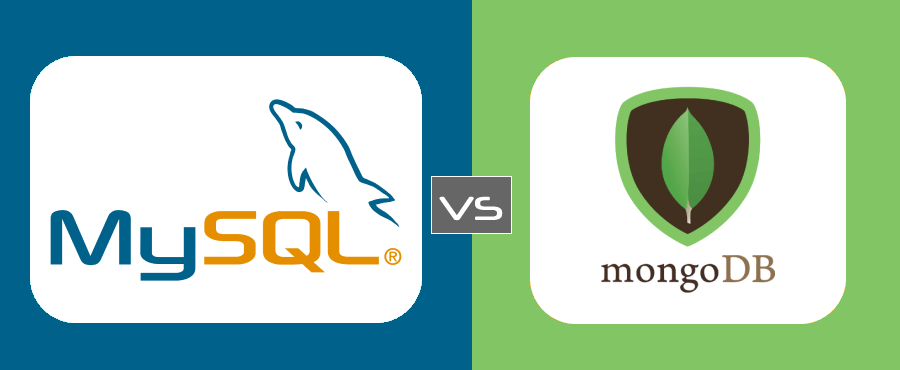
MySQL and MongoDB are both popular database management systems, but they are designed for different types of applications and have distinct characteristics. Here's a comparison of MySQL and MongoDB, highlighting their strengths and common use cases:
MySQL
Data Model:
- MySQL is a relational database management system (RDBMS) that uses a structured schema with tables, rows, and columns.
- It supports the SQL query language and enforces a predefined schema.
Schema:
- MySQL requires a predefined schema, where you define the structure of your data before inserting records.
- Changes to the schema may be more challenging and time-consuming.
Transactions:
- Supports ACID (Atomicity, Consistency, Isolation, Durability) transactions, making it suitable for applications that require strong data consistency.
Use Cases:
- Well-suited for applications with complex relationships and structured data.
- Commonly used in traditional business applications, content management systems, and e-commerce platforms.
MongoDB
Data Model:
- MongoDB is a NoSQL database that uses a flexible, schema-less document model. Data is stored in BSON (Binary JSON) documents.
Schema:
- MongoDB allows for dynamic and flexible schemas, making it easy to handle evolving data structures.
- Well-suited for applications where the schema may change frequently.
Transactions:
- Supports transactions, but the level of transaction isolation is not as strict as in MySQL. It is often used in scenarios where eventual consistency is acceptable.
Use Cases:
- Ideal for applications with large amounts of unstructured or semi-structured data, like content management systems, real-time big data applications, and IoT applications.
- Well-suited for agile development processes where the data model evolves frequently.
Choosing Between MySQL and MongoDB
Structured vs. Unstructured Data:
- If your data has a well-defined structure and relationships, MySQL might be a better fit.
- If you have rapidly changing or semi-structured data, MongoDB may be more suitable.
Scalability:
- MongoDB is often chosen for its horizontal scalability and ability to handle large amounts of data across distributed systems.
- MySQL is vertically scalable and may require more effort to scale horizontally.
Development Speed:
- MongoDB allows for quicker development in scenarios where the data model is not fixed, as it doesn't require a predefined schema.
Consistency Requirements:
- If your application demands strong consistency and transactions, MySQL may be a better choice.
- If eventual consistency is acceptable, and you need flexibility in your data model, MongoDB might be a good fit.
In summary, the choice between MySQL and MongoDB depends on the specific requirements of your application. MySQL is well-suited for traditional applications with structured data and strong consistency needs, while MongoDB is a good choice for projects with dynamic or evolving data structures and a focus on scalability and flexibility.
971 views
